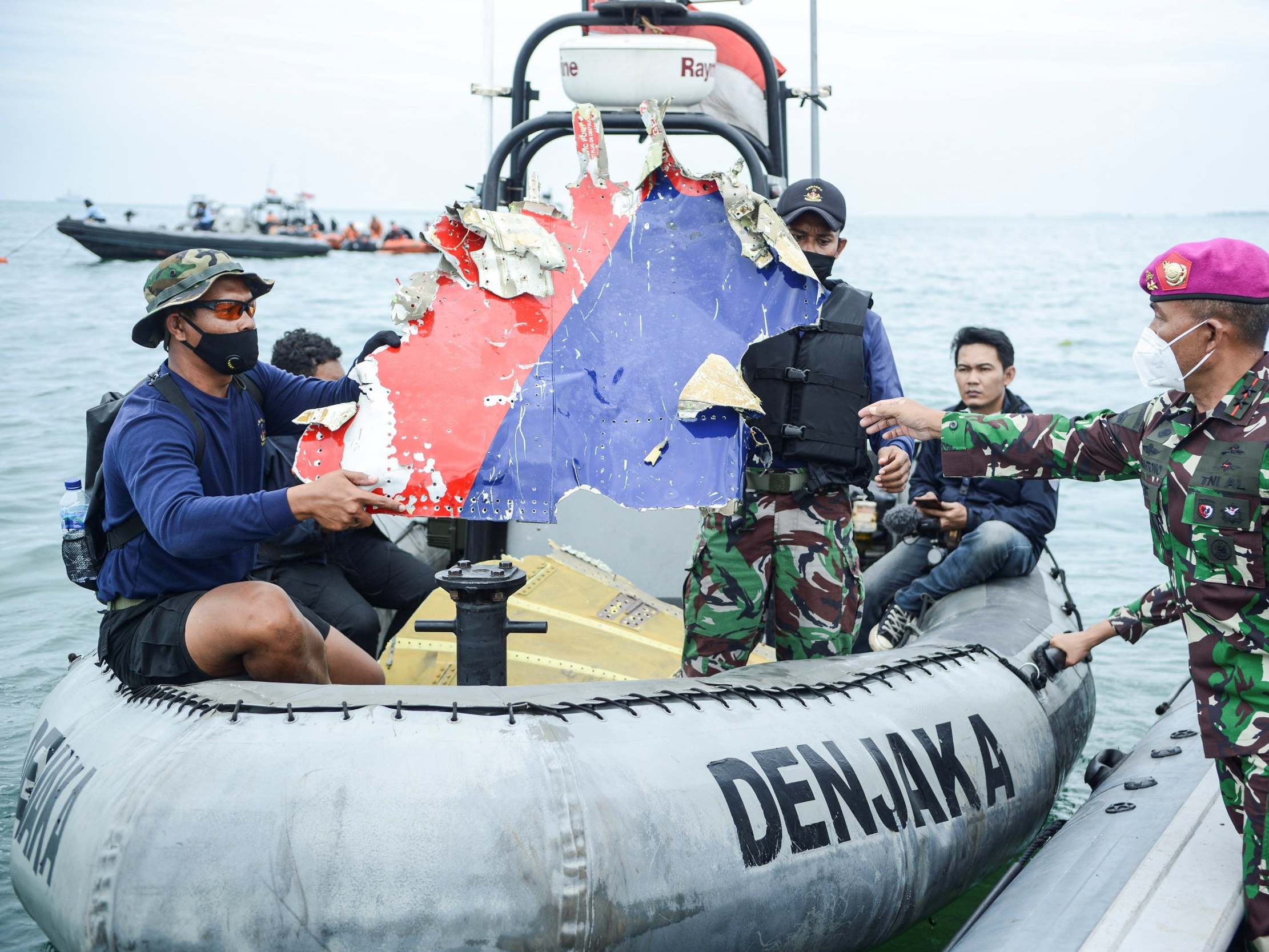2021 was safest year for flying since 2017
81 people lost their lives in four fatal air accidents worldwide last year, compared with 1.3 million who died on the roads

Your support helps us to tell the story
From reproductive rights to climate change to Big Tech, The Independent is on the ground when the story is developing. Whether it's investigating the financials of Elon Musk's pro-Trump PAC or producing our latest documentary, 'The A Word', which shines a light on the American women fighting for reproductive rights, we know how important it is to parse out the facts from the messaging.
At such a critical moment in US history, we need reporters on the ground. Your donation allows us to keep sending journalists to speak to both sides of the story.
The Independent is trusted by Americans across the entire political spectrum. And unlike many other quality news outlets, we choose not to lock Americans out of our reporting and analysis with paywalls. We believe quality journalism should be available to everyone, paid for by those who can afford it.
Your support makes all the difference.Far fewer people died in aviation tragedies in 2021 than in the previous year, a review of air safety reveals.
Dutch aviation safety consultancy To70 reports that 81 people lost their lives in four fatal accidents worldwide last year – compared with 299 fatalities in five crashes in 2020.
Relative to the level of flying, it was the safest year worldwide since 2017, with only one accident involving a passenger jet.
On 9 January 2021, Sriwijaya Air flight SJ182 took off from the Indonesian capital, Jakarta, heading for Pontianak on the island of Borneo.
But the Boeing 737-500 crashed into the Java Sea shortly after departure, with the loss of all 62 passengers and crew.
The accident, which happened close to where Lion Air flight 610 came down on 29 October 2018, was blamed on a fault with the 26-year-old aircraft’s auto throttle.
The three other fatal accidents involved small passenger propellor planes in commercial services.
On 2 March 2021, 10 people died when a Let 410 belonging to South Sudan Supreme Airlines crashed in South Sudan. The accident was blamed on a mechanical problem.
The same aircraft type was involved in the third crash, on 12 September in Russia. Four people died when the Aeroservice Let 410 undershot the runway at Kazatjinskoje in Siberia and struck trees during an approach in poor visibility. Twelve people, including the captain, survived.
On 23 December in the Democratic Republic of Congo, a Shorts 360 belonging to Malu Aviation crashed shortly after take-off from the eastern town of Shabunda.
There were 34 non-fatal accidents in 2021, one fewer than the previous year.
The fatal accident rate for large aeroplane in commercial air transport is one in 5.3 million, compared with one in 3.7 million in 2020. It is the lowest fatal accident rate since 2017.
Adrian Young, who compiled the review, called 2021 “another very difficult year for civil aviation”.
He said: “The continuing Covid crisis has resulted in the bankruptcy of over a dozen airlines this year. Two flag-carriers were among the casualties; Air Namibia and Alitalia.
“Many airlines and airports are carrying loans or have taken on additional debt to support themselves. Airports and their suppliers have also seen a marked drop in flights, passengers and revenue.
“Issues relating to refresher training following long periods of absence, working in a period of underload – ie not enough stimuli or motivation to perform optimally – and mental health issues are all factors that the industry is striving to tackle.”
Mr Young warned that aviation incident data suggest that that unpreparedness or unfamiliarity following periods of inactivity is affecting flight safety.
“We hope that the efforts to minimise the new threats posed to civil aviation by that crisis are sufficiently suppressed by the initiatives being taken across the industry,” he said.
Around 1.3 million people die on the roads worldwide in the average year according to the World Health Organisation (WHO) – a rate of 150 fatalities every hour.
WHO says: “Road traffic crashes cost most countries 3 per cent of their gross domestic product”.
Join our commenting forum
Join thought-provoking conversations, follow other Independent readers and see their replies
Comments